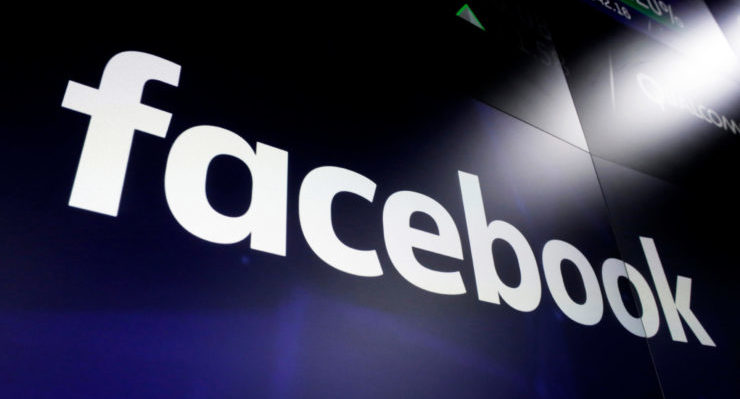
The federal government has continued to pile on its tech reforms with a new law that would create an industry-developed digital privacy code with a focus on children using social media.
On Monday morning, Attorney-General Michaelia Cash and Assistant Minister to the Prime Minister for Mental Health and Suicide Prevention David Coleman released a draft of the Privacy Legislation Amendment (Enhancing Online Privacy and Other Measures) Bill 2021.
The Act legislates a bare-bones structure for an industry code for social media networks, data brokers and large online platforms, explicitly naming Facebook, Bumble, OnlyFans, Reddit, WhatsApp and Zoom as examples of services that would be within the Bill’s remit.
The code’s particulars will be developed in consultation with the industry and the Australian Information Commissioner, but Cash and Coleman heralded a number of children-specific requirements that will be legislated:
- Social media platforms must take all reasonable steps to verify their users’ ages, which is a technically tricky and controversial policy
- They must also “give primary consideration to the best interests of the child when handling children’s personal information”
- Platforms will need to obtain parental consent for users under the age of 16.
The legislation would also beef up the powers of the Office of the Australian Information Commissioner to enforce the code.
“We are ensuring [Australians’] data and privacy will be protected and handled with care,” Cash said of the Bill.
The Enhancing Online Privacy and Other Measures Bill joins a suite of other tech reforms by the Coalition government including the Online Safety Act, the news media bargaining code, their response to the ACCC digital inquiries report that led to the tech industry’s disinformation code and the continued growth of the eSafety Commissioner’s role. Like these, the law places the impetus on industry to determine the parameters of much of the regulations, and leaves wiggle room for the Minister to decide who the law applies to.
“We’ve seen over the past year that the government has a big appetite to regulate the internet and big tech, and while we absolutely do need regulation in this space, we need it to be nuanced and fit for purpose,” Digital Rights Watch spokesperson Samatha Floreani said. She says the Online Safety Act and the news media bargaining code are examples of where the government hasn’t gotten the balance right.
Meanwhile, the government has also used the opportunity to kickstart the holistic attempt for privacy reform by releasing a discussion paper for a review into the Privacy Act that was first started in 2019.
Submissions to the Bill and discussion paper are due in December and January respectively, making it difficult for this law to be passed before the federal election.
The federal government has also signalled that additional tech reform is imminent, with a Barnaby Joyce-led crackdown on anonymous social media accounts reportedly still yet to come.








Oh dear, remember the conniption fit that the Coalition had when Stephen Conroy had the audacity to try and regulate the internet? Oh what a bunch of hypocrites they are.
One wonders how will this measure or others constrain the white Christian nationalist, anti science and anti society rubbish promoted by the same MPs wishing to regulate social media via unique Australian boundaries? Further, again, why bother reinventing the wheel (or a square one) when e.g. the EU has already researched and developed sensible regulations or at least directives?
By claiming protections for children etc., MPs and media of the right, like in the US, are keeping the door open for their own utility or purposes when using Facebook.